Over the past 11 days, the world has watched tragedies unfold in Israel and Gaza. Thousands of lives have been lost in an escalation of what is one of the modern world’s most complex and divisive long-running conflicts.
The horrific 7 October attack by militant organisation Hamas in southern Israel took the region by surprise, and the fierce counter-response by the Israeli government on the Gaza Strip since – including airstrikes and the shutting off of clean water supplies – has forced millions of people into desperate conditions.
It is nothing short of a humanitarian crisis, and yet the big corporations have remained deafeningly silent, with no visible offer of aid or support for the innocents caught in the middle of the conflict.
But this is perhaps not surprising. The issue is that Israel-Palestine is such a layered geopolitical conundrum that it makes it virtually impossible for companies and business leaders to say or do anything without missing some nuance or inviting major backlash.
The risk of taking sides
It would take a very brave brand or company chief to take a public stance. We saw the pushback that Ben & Jerry’s, the ice cream brand founded by two Jewish friends in 1978, received from both the public and parent company Unilever when it announced it wanted to end sales in Occupied Palestinian Territories (OPT) in 2021, despite arguing it was “not a rejection of Israel”.
Association to either side, as a business, risks a brand facing accusations of antisemitism or Islamophobia − at a time when there is a surge in hate crimes. The recent vandalism of a kosher deli in Golders Green, London, is just one example of that.
This ‘us vs them’ mentality has also made it near impossible for outside players to either donate or encourage donations for those in need – like we saw at supermarket checkout tills during the Ukraine invasion, for instance – because even the amount of food and aid that should go to either side has also become politicised.
The dilemma is illustrated by the chief of a British logistics company, which has led major efforts to get food to Ukrainians in war-torn areas over the past year. He tells The Grocer it has “mastered the art of reacting quickly to a packing solution for food ration boxes, and we can pack 200,000 per week of the seven-day ration packs, which would help” the Middle East victims. What they don’t know “is who should get what” in this case, because of the politicised nature of the conflict.
Helplessness in the face of tragedy
From a humanitarian point of view, consensus would point to the millions of people in Gaza currently being most urgently at risk, as they are lacking access to water, food and energy due to the Israeli blockade. But, with public scrutiny at an all-time high, even the simple act of supporting aid efforts there could invite criticism of partisanism.
Then there is the logistics of mobilising food and drink parcels to the region. The Rafah Border Crossing, which is the sole crossing point between Egypt and the Gaza Strip, remains closed. Yet, there is tonnes of food and aid on the Egyptian side waiting to enter Gaza.
And even when or if those routes do open, as the above-mentioned logistics source points out, moving air or sea freight from the UK to the Middle East will likely take between 10 to 15 days, making it harder for individual businesses to make a difference quickly without a major joined-up approach. They also suspect they are not alone in feeling there is no way for businesses to move past the political challenges to provide meaningful help to the innocent victims of the war on both sides.
The reasons why these victims will not receive the help they so desperately need are intricate, and many of them far removed from logic or compassion. For many food businesses, it’s not so much about why they won’t help, but why they can’t help. And it’s this helplessness in the face of such tragedy that makes it all the more heartbreaking.








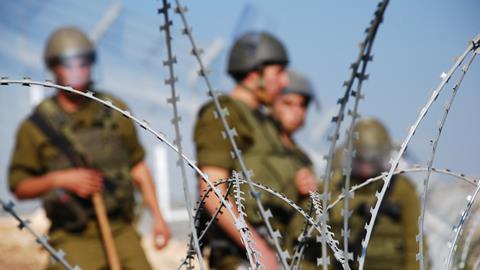




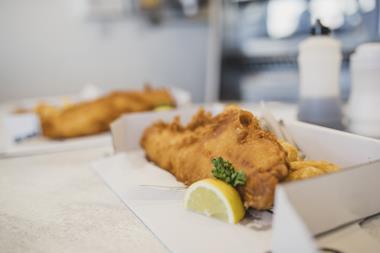
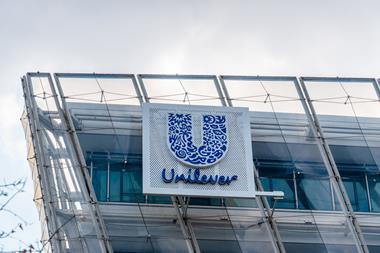
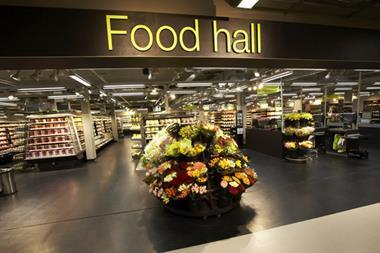

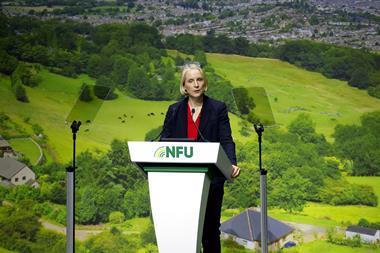




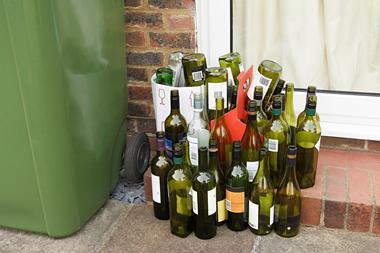


1 Readers' comment